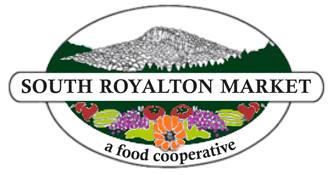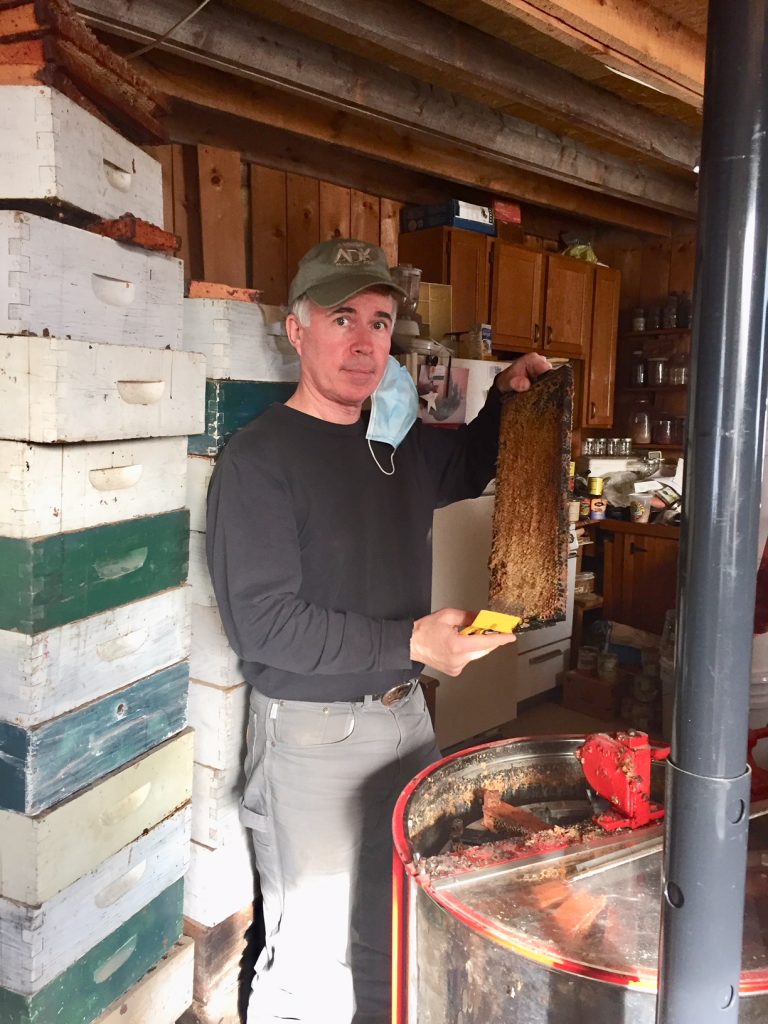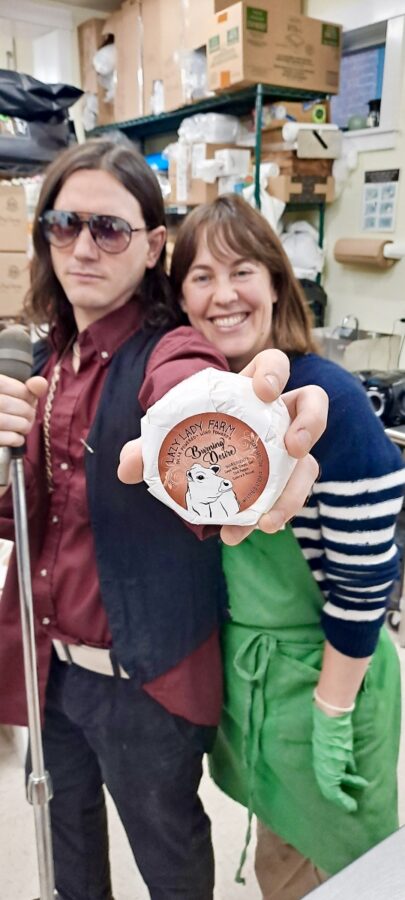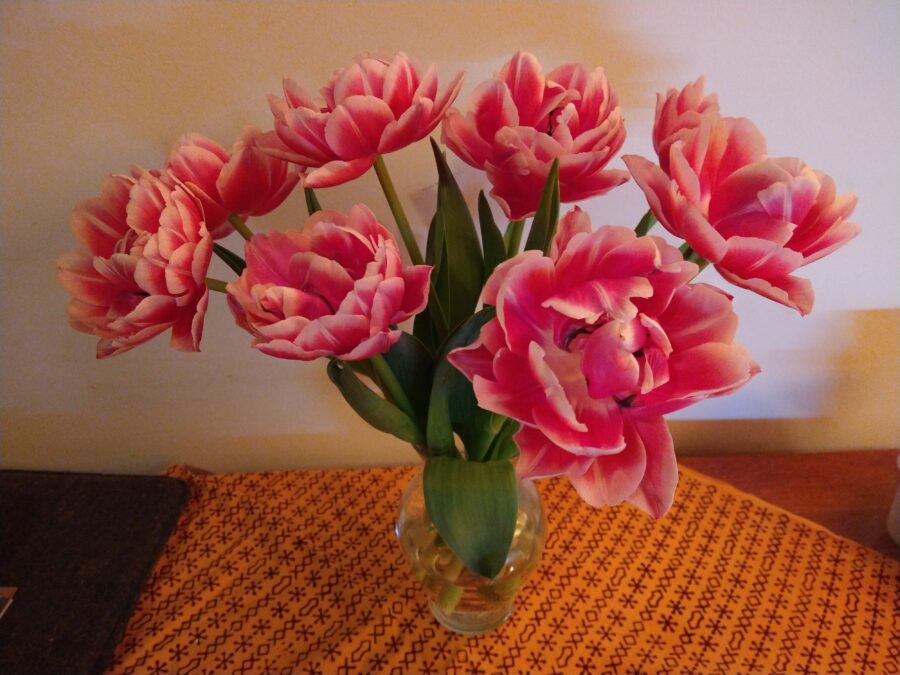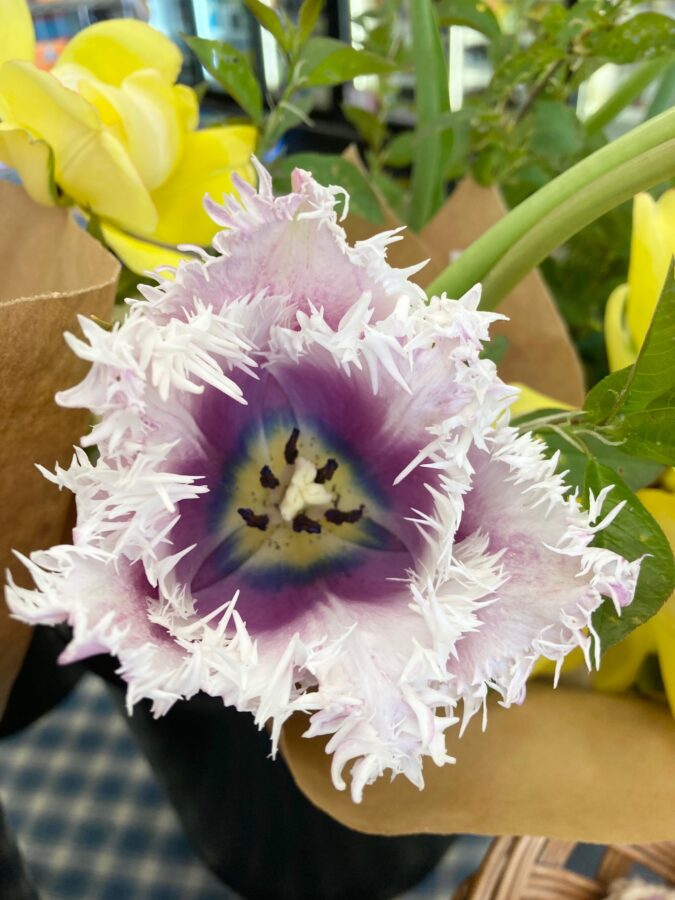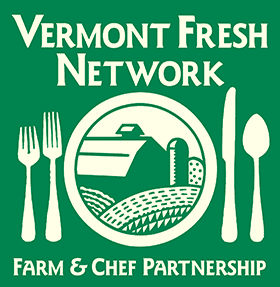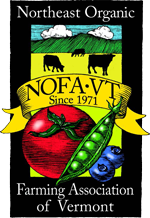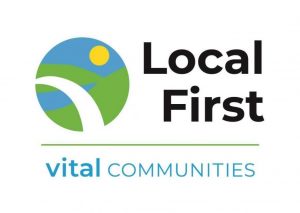Over two decades ago, Darrell Smith began a pick-your-own organic strawberry operation on his 21-acre farm in South Royalton. He began keeping bees to improve pollination for better crop yields and Honeyknoll Farm was born. Over the years the strawberries were phased out, but the number of bees multiplied, reaching 50 colonies at one point.
For a good while now, Darrell has been paying most of the bills with the sales of his beautiful and scrumptiously aromatic beeswax candles, as well as delicious and nutritious liquid and creamed raw honey, honey creams, and pollination services. He also works part-time at the Clara Martin Center.
Originally from Massachusetts, Darrell spent his after high school years doing forestry in Nepal with the Peace Corps and working at a Homeless Shelter in Boston. He made the move to Vermont in the early 1990s, where he says that he loves the peace and quiet beauty. He then worked at the White River Co-op in Randolph for a handful of years.
Around the turn of the century, Darrell joined the steering committee that created our South Royalton Market. Thanks for helping with our inception Darrell!
If you have been in the Co-op, you have probably seen the many natural beeswax candles that Darrell makes. If you have inhaled deeply, as I always do when near the display, you know the heavenly aroma that the candles give off. If you have bought and lit one, you know that the heavenly smell only improves. That wonderful scent is what Darrell’s house is filled with, due mostly to the fact that nearly the entire downstairs doubles as his workshop.
On shelves in one corner sit nearly 80 molds for making candles. As we talk, Darrell sits at a small table and checks some that are almost cool enough to remove and trims wicks. It’s an ongoing process with candles in various states of creation all the time.
Darrell explains that it takes seven to fifteen pounds of raw honey to make one pound of beeswax and that he uses about 700 pounds of wax each year making candles.
“I would need between 500 and 1000 colonies to produce all of that wax,” says Darrell, who says that he currently has only 12 colonies after experiencing what he calls, “a bear setback.” Hive repairs and perhaps a strong perimeter fence need to happen in the spring. Darrell admits that this won’t be easy as he has no help and some long-standing health issues that affect his energy levels.
What Darrell currently lacks in raw materials made by his own bees, he buys directly from beekeepers in the Champlain Valley to keep his business going; and it’s going! He says that it can be challenging to keep up with increased demand from the South Royalton Market this past year. He makes larger and more frequent deliveries. Thanks, Darell!
The last thing that I asked Darrell was, “What can humans do to help the bees?” He gave some very simple advice.
“Don’t mow until the goldenrod and asters have passed, about mid-October.”
